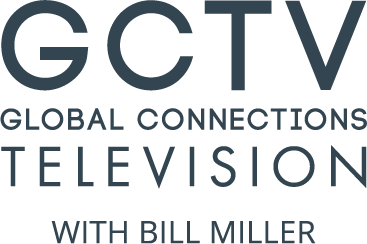Dr. Robert Zuber, Director of Global Action to Prevent War and Armed Conflict, serves as a consultant, adviser or board member to several non-profit and educational organizations including Green Map System and the Martin Luther King Jr. Center in Cameroon. As a participant in the United Nations System, he highlights the major issues discussed at the 78th Session of the General Assembly. The UN, established in 1945, had the major goals to eliminate the scourge of war, promote economic and social development and enhance human rights. The UN has changed dramatically over the past 78 years. One principal challenge has been the UN’s Agenda for Peace. The UN has expanded, at the world’s request, to deal with a wide range of issues such as the recent assault on Israel, Palestinian suffering, climate crisis, refugees, international pandemics, UN peacebuilding successes and a myriad of others. Tragically, most Americans still do not understand how UN agencies directly impact their lives.
GCTV explores and covers diverse world issues such as hunger, poverty, security, economic development, energy, world health, migration, war, human rights, tolerance and international trade.




















